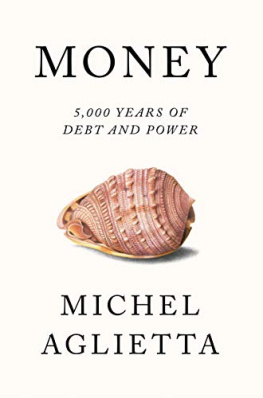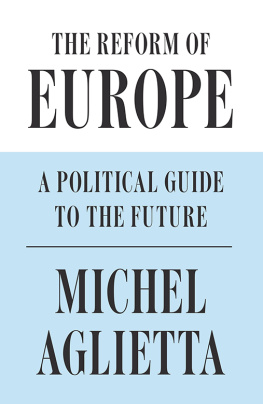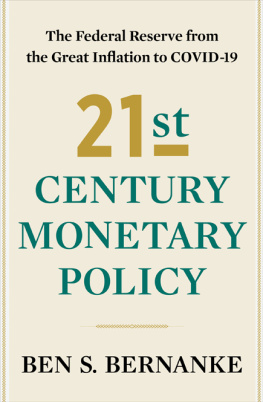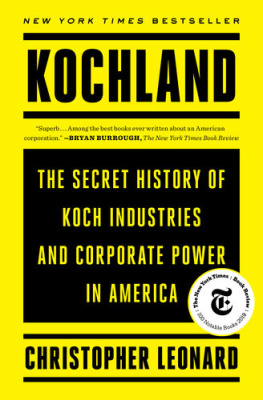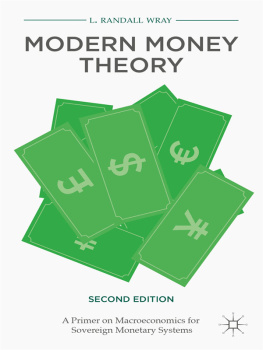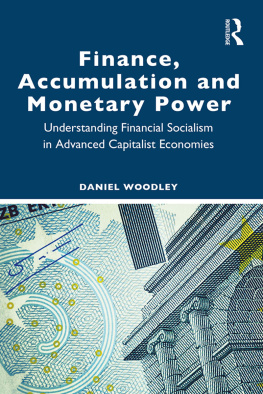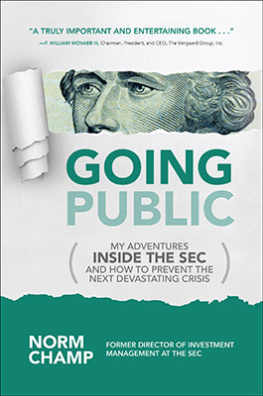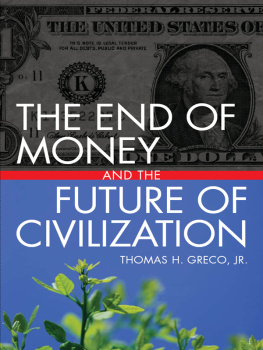MONEY
MONEY
5,000 YEARS OF DEBT AND POWER
MICHEL AGLIETTA
In collaboration with Pepita Ould Ahmed
and Jean-Franois Ponsot
Translated by David Broder

This English-language edition first published by Verso 2018
First published as La monnaie. Entre dettes et souverainet
Odile Jacob 2016
Translation David Broder 2018
All rights reserved
The moral rights of the authors have been asserted
1 3 5 7 9 10 8 6 4 2
Verso
UK: 6 Meard Street, London W1F 0EG
US: 20 Jay Street, Suite 1010, Brooklyn, NY 11201
versobooks.com
Verso is the imprint of New Left Books
ISBN-13: 978-1-78663-441-2
ISBN-13: 978-1-78663-444-3 (US EBK)
ISBN-13: 978-1-78663-443-6 (UK EBK)
British Library Cataloguing in Publication Data
A catalogue record for this book is available from the British Library
Library of Congress Cataloging-in-Publication Data
Names: Aglietta, Michel, author.
Title: Money : 5,000 years of debt and power / Michel Aglietta.
Other titles: Monnaie. English
Description: Brooklyn : Verso, 2018.
Identifiers: LCCN 2018024563 | ISBN 9781786634412 (hardback) | ISBN 9781786634443 (United States E Book) | ISBN 9781786634436 (United Kingdom E Book)
Subjects: LCSH: Monetary policy. | Money History. | Economic anthropology. | BISAC: POLITICAL SCIENCE / Economic Conditions. | SOCIAL SCIENCE / Anthropology / Cultural. | POLITICAL SCIENCE / History & Theory.
Classification: LCC HG230.3 .A3913 2018 | DDC 332.4 dc23
LC record available at https://lccn.loc.gov/2018024563
Typeset in Minion Pro by Hewer Text UK Ltd, Edinburgh
Printed in the US by Maple Press
VD1_1
Contents
This book brings together thirty-five years of studies on money. I would like first of all to thank Pepita Ould Ahmed and Jean-Franois Ponsot for their partnership through this whole adventure. Their help, through our discussions and various drafts of the text, has been essential. I would also like to thank Andr Orlan and Catherine Blum for their attentive reading of the trickiest parts of the manuscript.
Finally, I would like to thank Sophie de Sale, who formatted this voluminous and complex book with incomparable skill.
The Institut caisse des dpts pour la recherche en sciences sociales , directed by Isabelle Laudier, provided financial assistance for the writing of this book.
In mid-September 2008, the financial crisis that had been sweeping across the Western world for more than a year reached its climax. The whole of the Western financial system was collapsing, with nothing to hold back the tide. At this critical moment, the most important figure on the planet was Ben Bernanke, chairman of the Federal Reserve. The dramatic decisions were taken over the weekend, when the financial markets were closed. This was itself symptomatic of the sudden loss of confidence in these markets. When a senator asked Bernanke what would happen if the central bank did not carry out its rescue package, he replied, lf we dont do this, we may not have an economy on Monday. Finance and the Western economy were saved by money.
This reality contradicts the liberal doxa of financial efficiency. Following a quarter-century of financial liberalisation, this ideology today sweeps all before it. Of course, the knowledge that it provided was unable to foresee the global financial crisis. At its theoretical core, it ruled out the very possibility that any systemic crisis could develop. But, graver still, it was unable to learn from what had happened and to reform itself accordingly. The financial lobby was saved by the central banks. After that, the regulatory authorities, acting under G20 auspices, did timidly attempt to impose a few mini-reforms to avoid a repetition of what had just occurred. Yet the international financial lobby knows nothing of gratitude. It shamelessly sought to torpedo the new regulations, or to find some other way around them. The corrupt financial practices that had built up with the real estate speculation bubble would in fact take on much greater proportions after the crisis. These practices were facilitated by the collusion of the major international banks, who manipulated prices on the worlds two most important money markets: on the one hand, the LIBOR, or benchmark interest rate between banks, and on the other hand the dollar exchange market. Those responsible for these attacks on law and morality were immune from any criminal responsibility.
Yet, more seriously for the advancement of our understanding, the academic world that spreads the good word of finance has remained unperturbed in the face of the cataclysm. Finance is still assumed to be efficient. This truth is taught in the departments of finance of all the major universities and business schools, with a haughty disregard for any doubts that the financial cataclysm must surely have aroused in any researcher enamoured of scientific methods. Alas! The dogma of the efficiency of finance has triumphed in economic policy. So, in Europe, where the inability to contain the Greek crisis has caused a protracted economic quagmire, so-called orthodox economic policies blame the labour market for the continents inability to return to the path of growth. This imperfect labour market, which in fact has nothing to do with the crisis, is held to be the cause of all our post-crisis ills. Finance, for its part, is once again imagined to be blameless.
Worse still, it is now barely possible to pursue an academic career without wedding yourself to this same credo. This is particularly the case in France. There, a warning from a single economist one decorated with a Nobel prize, it is true was enough to make the government abandon its decision to diversify the field by creating a department designed to put economics back into society.
This intellectual poison is a serious matter indeed, in an era in which our inability to rediscover the course of progress can be felt everywhere. This is particularly the case in finance. Indeed, as was announced in a press conference on 21 September 2015 by the governor of the Bank of England, Mark Carney who knows what he is talking about, London being home to the worlds largest financial trading floor the rhetoric of the financial lobby and the financial theory that supports and justifies it rests on three lies.
The first lie is that if finance is entirely free, globalised and unregulated, it will develop instruments to insure against risks (derivative products), rendering impossible the spread and intensification of the blaze. After two decades of stable inflation and financial liberalisation, the financial community, the media, and the political establishment loved to proclaim that systemic crisis had now become impossible (this time its different). But the impossible did happen. This owed not to some external mega-event but rather to the fact that speculation had eroded from within any sense of reason and any barrier to the appeal of greed. This first lie is also the basis for the other two.
The second, then, is the claim that financial markets spontaneously find their own equilibrium. This lie concedes that the markets can be thrown off their equilibrium by shocks. But it is also imagined that these shocks are external to the markets own logic. Market actors are wise enough to note any divergences; it is in their interest to act in a way that reduces breaches. After all, such actors have an apparently infallible compass: namely, knowledge of the fundamental values of the financial securities traded on the markets, which is to say the true long-term values of companies. This same compass allowed Milton Friedman to claim that the only speculation that can be successful is that which restores equilibrium: speculation that brings a return to the fundamental value whenever the market price departs from it. Yet, ever since the birth of market finance in the thirteenth century, the whole history of finance has been punctuated by bubbles of speculation that end up bursting and causing the debts that financed them to implode. With the return to financial liberalisation in the 1980s, the most devastating crises have been real estate crises. Indeed, real estate assets are the biggest single element of private wealth, and financing these assets requires taking on debts. Real estate is founded on ground rent, which is income from a non-produced asset the soil. For this reason, it has no equilibrium price, and thus no fundamental value. The same is true of all non-reproducible natural resources. The competition to appropriate these resources brings only a rise in rent, whose sole limit is buyers monetary capacities. The financial dynamics of the real estate sector are moved, therefore, by the logic of momentum by the spiral of interacting rises in credit and prices and not by the return to some predetermined equilibrium price. Eventually, there will come a point at which such momentum is reversed. Yet given that both the climax and timing of this turning point are radically unpredictable, the actors who feed the bubble in real estate values have an interest in holding onto their positions indefinitely. This only ends when their fictitious and self-generated values implode, followed by a state of every man for himself.
Next page
